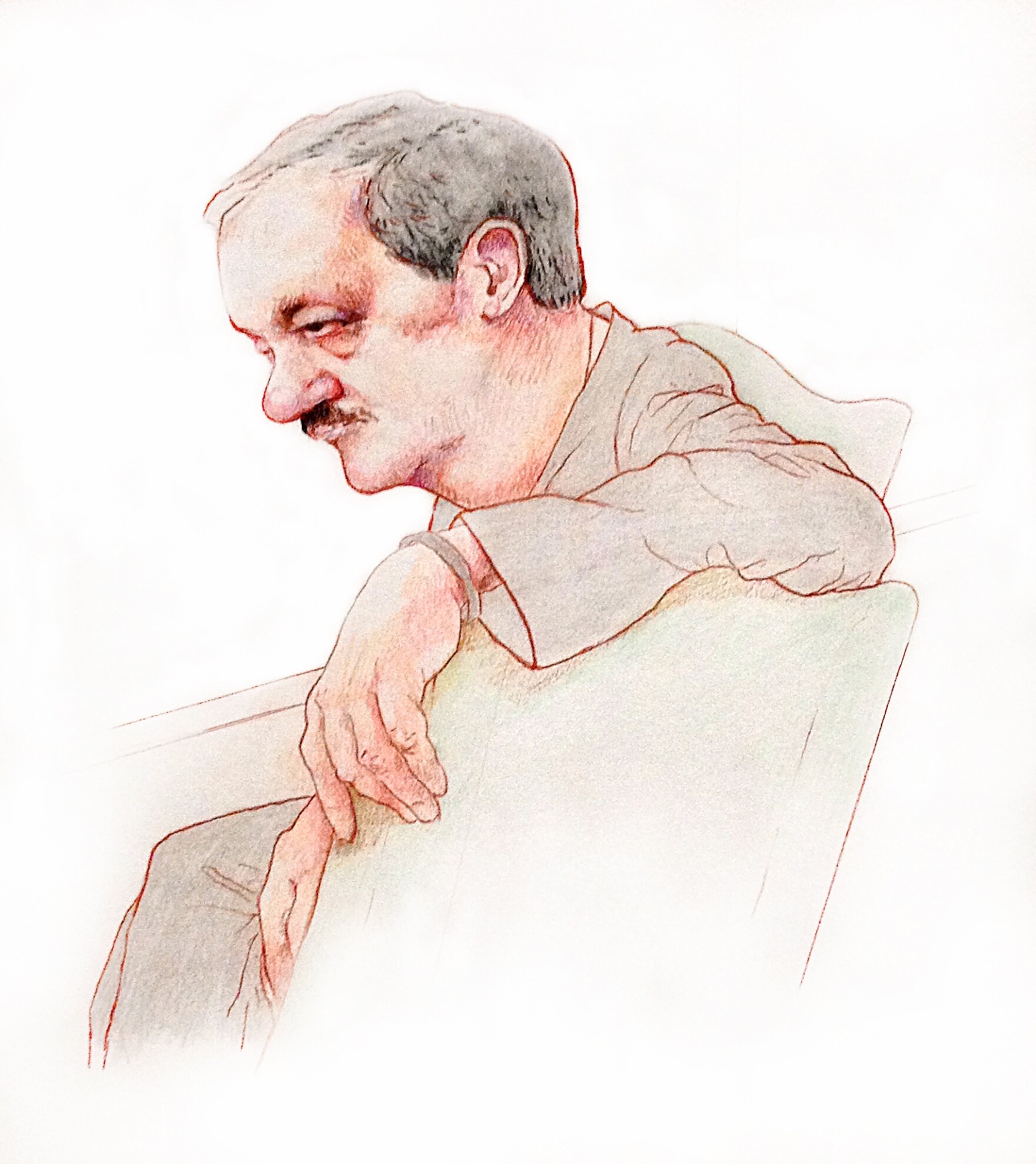A federal judge reversed a previous ruling Wednesday, admitting new documents into the case of ex-Massey CEO Don Blankenship.
Blankenship is charged with conspiring to violate federal mine safety standards and lying to securities officials and investors after the Upper Big Branch mine disaster killed 29 men in 2010.
During the cross examination of Blankenship’s former secretary Sandra Davis on Tuesday, defense attorneys attempted to enter into evidence memos, emails and reports with handwritten notes from Blankenship. As his assistant, Davis would typically type or copy the notes and send them to their intended recipient.
The notes are intended to support the defense’s claim that Blankenship was highly concerned with safety at Massey operations. They include:
- “I remain frustrated that those who should measure, manage and eliminate violations will not provide executive communication. This is not about … microscopic reports to me. This is about handling a new and frightening challenge.” — From a March 2009 email to top Massey executives.
- “The only thing more frightening to our future [than regulators] is us. I am very, very disappointed that ya’ll don’t step up on this.” — From the same March 2009 email.
- “I have to be honest and say that I was disappointed in the lack of progress we’ve made …” in addressing violations. “The effort thus far could be described as first grade.” — From an Oct. 2009 memo to Massey COO Chris Adkins.
- “We need to be very serious about these violations because they are going to come back to haunt us.” — From the same 2009 memo.
Blankenship also wrote comments following machinery violations in October of 2009, saying the problem wouldn’t be fixed until until written warnings were given to miners and discharges occurred.
The defense summarized its argument for the witness saying Blankenship had high expectations for everyone who worked at Massey Energy — whether they were expectations related to production or safety. His handwritten notes were common and often reflections of his frustrations, according to a Blankenship attorney.
Earlier in the day, Federal District Judge Irene Berger told attorneys, in the absence of the jury, she had reversed her decision to admit the evidence after reviewing prior cases brought to her attention by the defense and through the court’s own research.
Berger said precedent had allowed statements of self-interest if those statements were made prior to a defendant being charged or knowing of an investigation, as she had found in this case.
The judge did, however, exclude some documents presented by the defense written outside the scope of the timeline of the federal indictment. That indictment focuses on Jan. 1, 2008, through April 9, 2010, just days after the Upper Big Branch explosion.




















